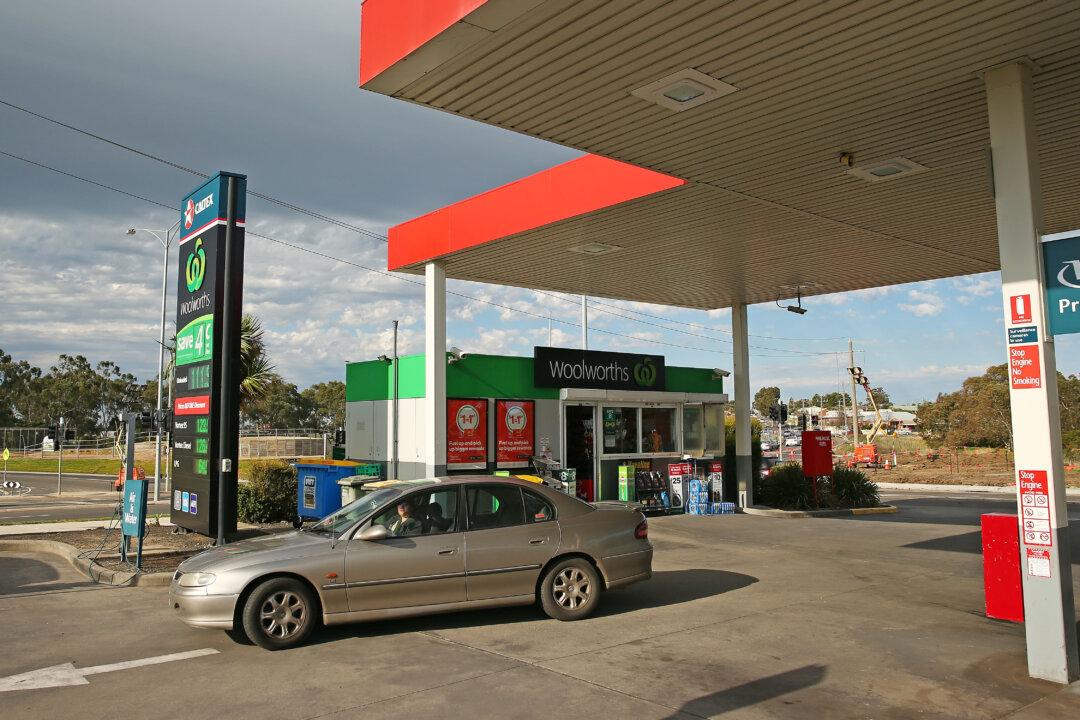Fuel prices in regional Australia could remain lower than urban prices for the next several weeks despite the reinstatement of the full fuel excise tax.
The fuel tax reduction, which the previous Morrison government introduced in March to relieve living cost pressures, will expire on Sept. 28, as confirmed by Treasurer Jim Chalmers.





